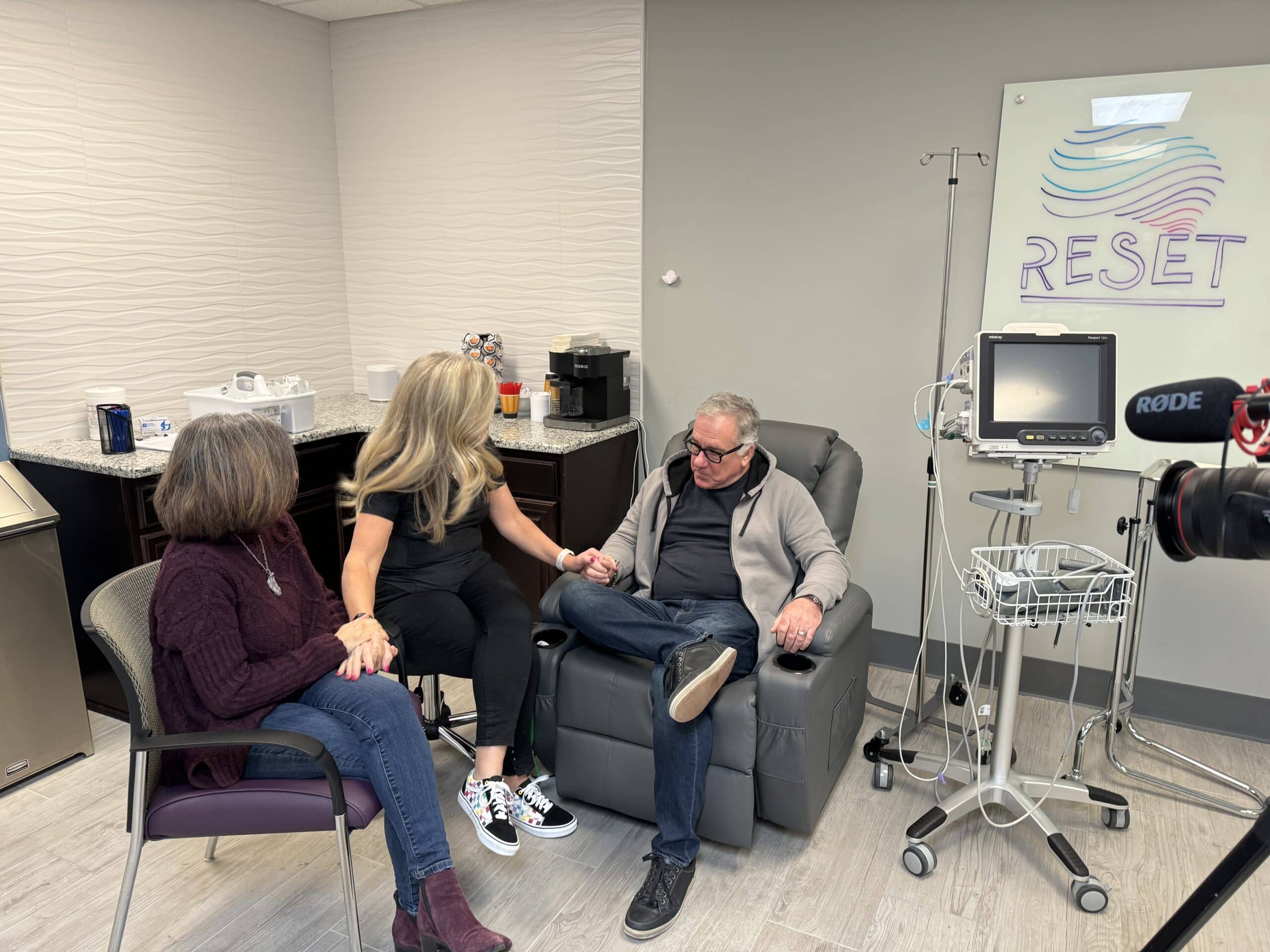
Ketamine, originally recognized as an anaesthetic, is now gaining attention as an important medical intervention for patients dealing with treatment-resistant depression (TRD) and various other serious mental health issues. In contrast to standard antidepressants, ketamine demonstrates quick effectiveness, providing new possibilities for individuals who have not experienced improvement with conventional treatments.
For many people dealing with depression, conventional therapies such as selective serotonin reuptake inhibitors (SSRIs) or psychotherapy may require weeks or even months to yield results, and some patients may see little to no improvement. Ketamine therapy offers an alternative method, with research showing that it can reduce symptoms in a matter of hours, providing a significant option for individuals experiencing severe mental distress.
The mechanism of action is what sets ketamine apart from conventional antidepressants. Ketamine primarily affects glutamate, a neurotransmitter linked to mood regulation, instead of focusing on serotonin or norepinephrine. This distinctive action encourages the development of new neural connections in the brain, improving mood and cognitive performance. This is especially advantageous for individuals facing intense depressive episodes or thoughts of self-harm.
Ketamine therapy is administered in a controlled medical environment by trained healthcare professionals. Typically, patients receive ketamine via intravenous (IV) infusion or intranasal spray, with treatment plans tailored to their needs. The initial phase may involve several treatments over a short period, followed by maintenance doses to sustain improvements.
Because ketamine can have dissociative effects, it is essential that it is used under medical supervision. This ensures that patients are monitored for side effects and that the treatment is adjusted based on individual responses. Safety protocols are in place to mitigate risks, and patients are advised on what to expect during and after treatment.
Despite its therapeutic advantages, misconceptions surrounding ketamine continue to persist. Some people link it to recreational use, which may cloud its therapeutic significance. It is crucial to recognize that when administered in a medical setting, ketamine serves as a reliable and effective treatment for serious mental health conditions.
Ketamine ought not to be regarded as a mere "quick fix" or a passing trend in the realm of mental health treatment. This is a valid medical procedure that effectively fills a crucial need for those who have tried other treatment methods without success. While it can offer quick alleviation of symptoms, its sustained effectiveness is frequently optimized when used alongside psychotherapy or additional supportive treatments.
Research into the success rate of ketamine for treatment-resistant depression is advancing. Clinical studies have shown a significant reduction in depressive symptoms within a short time frame. A review published in Biological Psychiatry indicated that around 70% of patients treated with ketamine experienced a notable improvement in their depression scores within hours of receiving the treatment.
Additionally, ketamine has demonstrated potential in addressing anxiety disorders, post-traumatic stress disorder (PTSD), and obsessive-compulsive disorder (OCD). Current studies are actively investigating its impact on different mental health disorders, reinforcing its role in the treatment framework.
Ketamine therapy represents a groundbreaking advancement in the field of mental health, offering hope to individuals facing the debilitating effects of treatment-resistant depression and other serious disorders. Its rapid efficacy not only distinguishes it from traditional treatments but also underscores the urgent need for innovative approaches to mental healthcare. As research continues to unveil its full potential, it is crucial for patients and providers to embrace ketamine as a legitimate, medically-backed intervention.
This article was submitted by Dr. Michael Louwers
